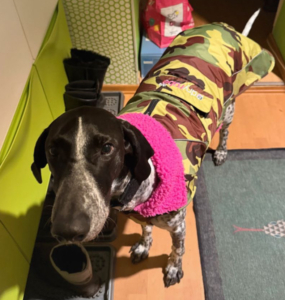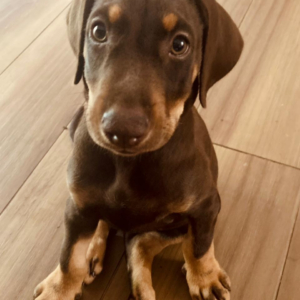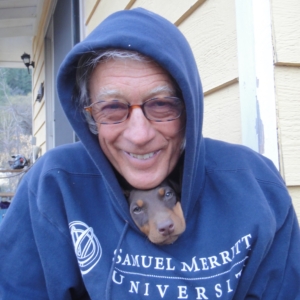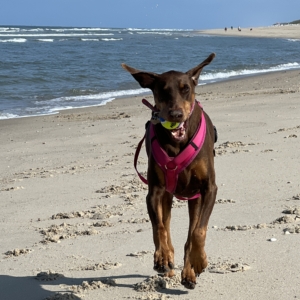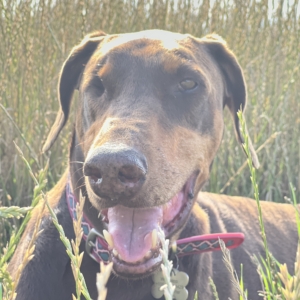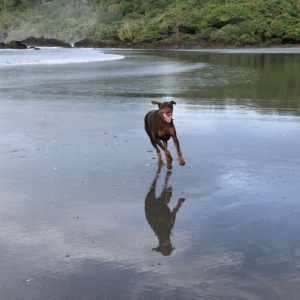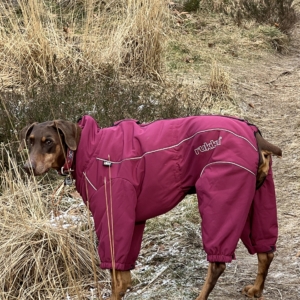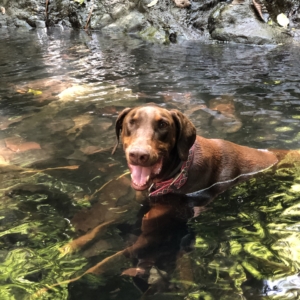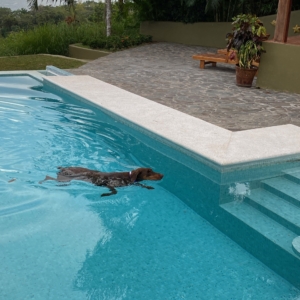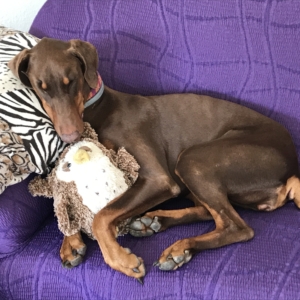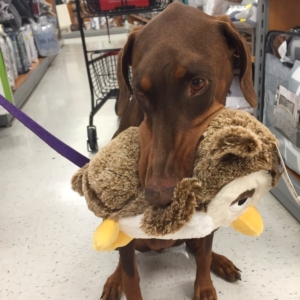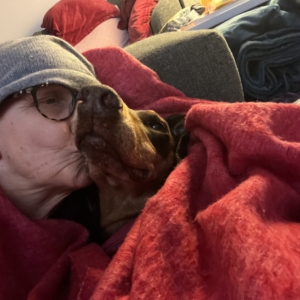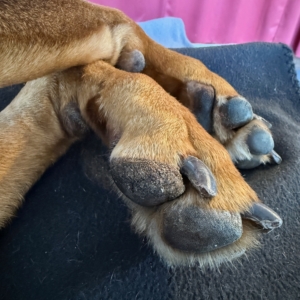So far, chemotherapy treatment has been much more tolerable than the one nine years ago. Every three weeks, a kind neighbor takes me to the local hospital—thankfully, only five minutes away. After settling into a comfy recliner, the process begins: my port is hooked up to an IV line, followed by pre-meds—antihistamines, steroids, anti-nausea medication, and who knows what else. Then comes a one-hour infusion of immunotherapy drugs, specifically targeting my P53 gene mutation, followed by four hours of chemotherapy drugs. During this time, I immerse my fingers in ice to prevent neuropathy and the dreaded hand-foot syndrome—so far, successfully.
Throughout the seven-hour ordeal, I listen to Osho discourses, occasionally staggering with my IV stand to the bathroom before wrapping myself up again in my beautiful red yak wool blanket from Bhutan, disappearing into the silences between Osho’s words.
Since starting treatment, I’ve had two tumor marker tests—both showing excellent results. That gives me the energy and encouragement to keep going. Only two more infusions remain, with the final one scheduled for March 5th. After that, immunotherapy will continue for many more months, both intravenously and in pill form.
The side effects are manageable: hair loss, fatigue, lack of energy, digestive challenges, sluggish brain, and burning eyes without eyelashes.
Beyond the side effects, the treatment is confronting in other ways.
My lead oncologist and I repel like opposing magnetic forces. As an experienced cancer patient, I know things and ask questions that new patients might not. This creates challenges for both of us. Even in these extreme circumstances, I must practice detachment and sovereignty. I must accept that I cannot expect compassion and tenderness—no matter how vulnerable I feel. I can only give it.
With her, I’m called to hold myself in a safe space, to stand in my power, and to resist falling into helplessness or victimhood. While empowering, it is also exhausting. Sometimes, I wish a loved one could make decisions for me, shielding and protecting me—my mother, my husband, my sister, my friends… But some journeys must be taken alone.
Friends who aren’t physically with me often ask if I have a good support system. The answer is: Yes, I’m blessed! There is so much love. Since my surgery in October, my friends have brought me lunch every single day. Some drop it off, some eat with me, and some simply sit and watch to make sure I’m actually eating.
One dear friend takes Coco, my 13-year-old doghter, for a walk every morning at 9:15—rain, shine, snow, or storm. I’m surrounded by so much love that my heart overflows and I cry often, with a sweet ache. Giving love is one thing, but allowing myself to receive it day after day after day—humbly and openly, while being so vulnerable—is a profound new experience.
I’ve always been self-reliant. Asking for help has never been easy. After my last chemo infusion, I was so exhausted I couldn’t even undress before bed. I sat on the edge of my bed, immobile, dreading Coco’s nighttime walk, knowing I had no energy left. Finally, I called a neighbor friend who had offered countless times to help if I ever needed it. She was delighted! For three nights in a row, she came at 9 p.m. to take Coco for her walk.
Why is it so hard for me to ask for help? I still have so much to learn.
When I look in the mirror, I see an emaciated, bald, grey, genderless person without eyelashes. My once-beautiful body now looks like that of a cyborg: a fake knee, a fake hip, only one breast, no hair, and a long red scar running from my sternum to my pubic bone. But as I’ve said before: I am not my body.
Living that truth—facing it head-on, not just in theory but in the raw, present moment—is both a challenge and a great blessing of this experience. I hold a deep trust and knowing that “I” am still the same Lokita “I” was before the cancer diagnosis in October. There is something within me that remains untouched, unchanged—an unwavering, mysterious Beingness. ♥️
Love is the most healing force in the world, nothing goes deeper than love. It heals not only the body, not only the mind, but also the soul. […] The physical health is a superficial phenomenon. It can happen through medicine, it can happen through science. But the innermost core of one’s being can be healed only through love. Those who know the secret of love know the greatest secret of life. Then there is no misery for them, no old age, no death.
Of course the body will become old and the body will die but love reveals to you the truth that you are not the body. You are pure consciousness, you have no birth, no death. And to live in that pure consciousness is to live in tune with god. Bliss is a by-product of living in tune with god. ~Osho, gratefully excerpted from The Imprisoned Splendor

